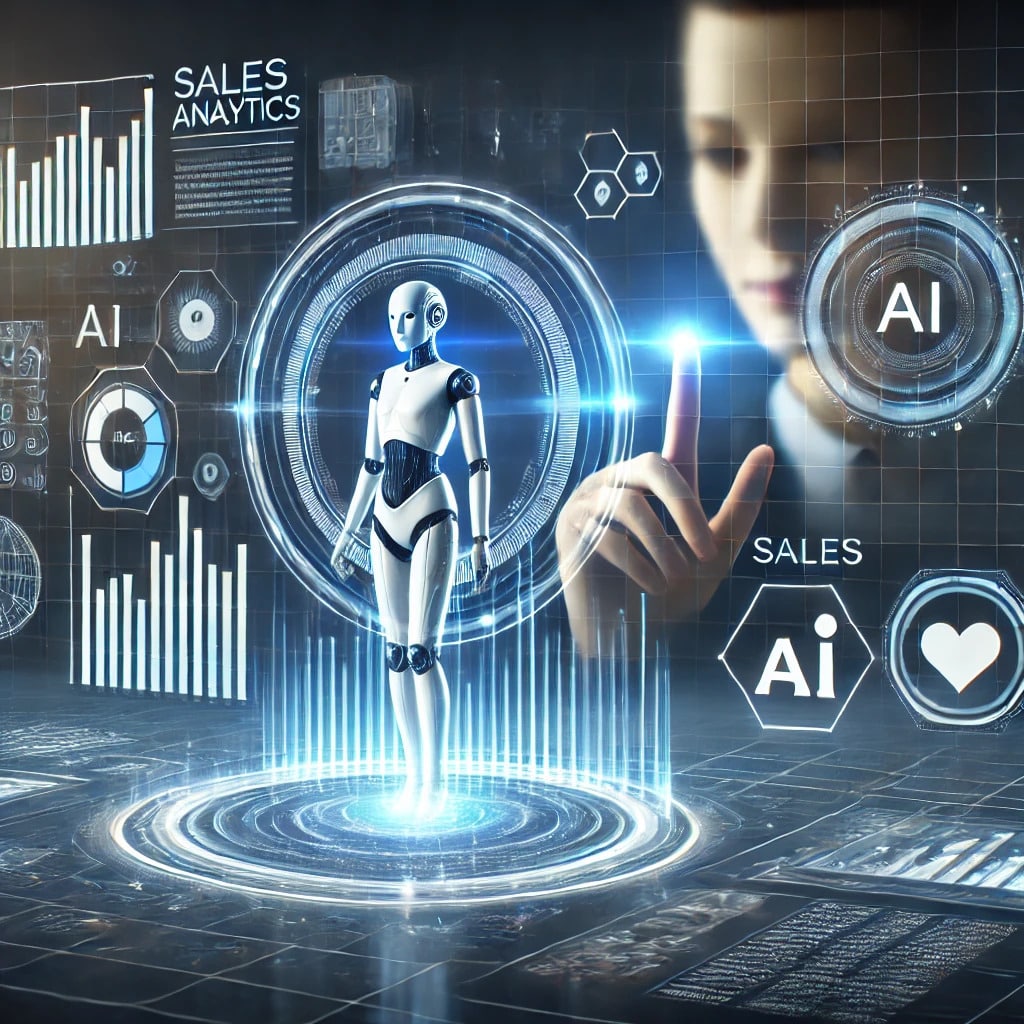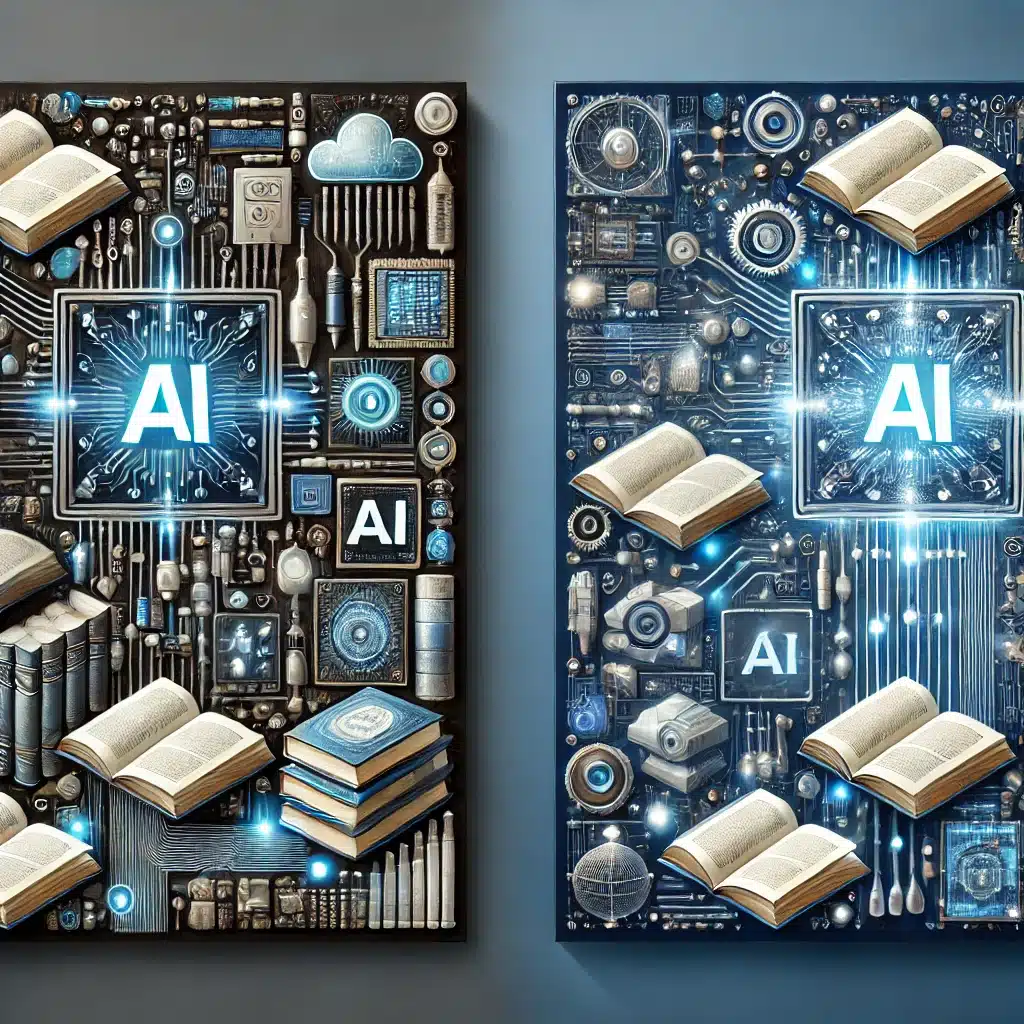In the fast-paced world of sales, motivating teams effectively is vital for driving growth and achieving organizational success. Traditionally, sales incentive programs have relied on reactive strategies—rewarding employees based on their performance after the fact. However, as businesses continue to adapt to the digital age, there has been a growing shift towards more proactive and data-driven approaches.
AI’s ability to analyze vast amounts of data, recognize patterns, and predict future trends is revolutionizing the way sales teams are motivated and rewarded. Consequently, organizations can now optimize their incentive programs, ensuring they are more personalized, and performance driven. For instance, AI can predict which sales strategies are most likely to succeed, enabling businesses to tailor incentives more effectively. This article explores how AI is revolutionizing sales incentive programs and the various benefits that organizations can gain by embracing this technology.
Advantages of Incorporating AI into Sales Incentive Programs
AI has the potential to bring numerous advantages to sales incentive programs, transforming how organizations evaluate performance, structure rewards, and drive team motivation. Below are some of the key benefits:
- Data-Driven Insights for Accurate Performance Evaluation
Traditionally, sales incentive plans are based on predefined metrics that may not always reflect current market trends or individual performance accurately. AI offers the ability to analyze real-time sales data, providing a clearer picture of individual sales performance. - Adaptive Incentive Structures
AI allows businesses to adjust their sales incentive structures dynamically. With the ability to analyze market conditions, customer behaviors, and sales performance in real time, AI can suggest modifications to incentive plans to ensure they remain relevant and effective. For instance, during a sales slump or off-season, AI can recommend boosting rewards for specific activities (e.g., lead generation or upselling) to encourage behavior that aligns with current business goals. - Automation of Sales Performance Reviews
One of the key administrative burdens that sales managers face is the constant monitoring and evaluation of individual performance. AI helps to automate much of this process by streamlining the performance review cycle. By automating the tracking of sales activities, AI frees up time for managers, allowing them to focus more on coaching and developing their teams. - Increased Productivity and Motivation
By automating tasks and offering more timely insights, AI allows sales teams to focus more on high-impact activities rather than spending time on manual data entry and reporting. AI can also create personalized incentive programs tailored to each individual, ensuring that rewards are motivating for everyone, regardless of their experience level or sales targets.

How Can AI Maximize Commissions in Sales?
Utilization of Artificial Intelligence in Sales Incentive and Data Analysis
The most valuable contribution AI can offer through its application in a sales incentive program is its capability to analyze sales data. AI can thereby diagnose sales performance patterns, and organizations will know the tactics best suited for motivating their sales teams. Furthermore, through historical data analysis, AI predicts future sales trends, allowing businesses to alter their structures in advance.
Best Practices for AI-Driven Commission Strategy
To fully realize the benefits of AI in sales incentive programs, businesses must follow best practices that ensure the integration and application of AI tools are as effective as possible.
- Invest in Robust AI Analysis Tools
The first step in leveraging AI for sales incentive programs is selecting the right analysis tools. These tools must be capable of processing large volumes of data and delivering accurate insights. - Continuous Improvement of Incentive Programs
AI systems should not be static. To optimize sales incentives continuously, businesses need to keep improving their AI-based tools. AI should be regularly updated to reflect the latest customer behaviors, market trends, and business goals. - Integrate AI Tools with Existing CRM Systems
To fully leverage AI’s capabilities, businesses should integrate AI tools with their customer relationship management (CRM) systems. This integration allows sales teams to have a comprehensive view of their customer data, which in turn can inform incentive structures. - Track and Measure AI-Based Strategy Outcomes
Businesses should continuously track the outcomes of AI-based strategies and evaluate their effectiveness. Adjustments should be made as necessary to fine-tune the program.
Personalized Incentive Plans through AI
Incentive plans for sales will prove successful only through personalization. Organizations can make personalized incentive plans suited to each motivation and level of performance with the help of AI.
For instance, AI can even determine which rewards and incentives resonate most with specific individuals. As a result, this ability goes a long way in fine-tuning compensation approaches, making them more effective and aligned with individual preferences. Moreover, such personalization not only drives motivation but also instills a feeling of ownership and accountability in the sales representatives.



